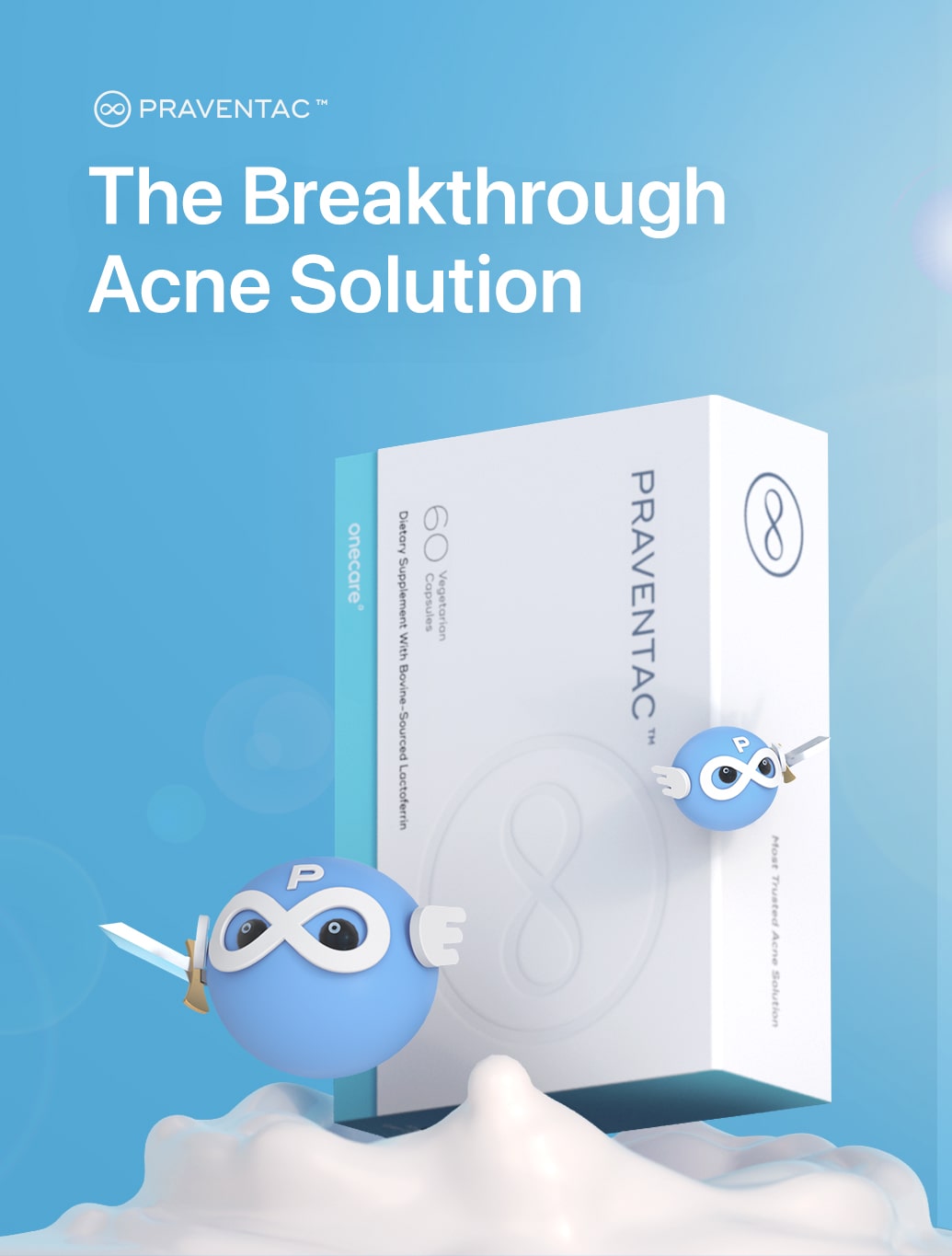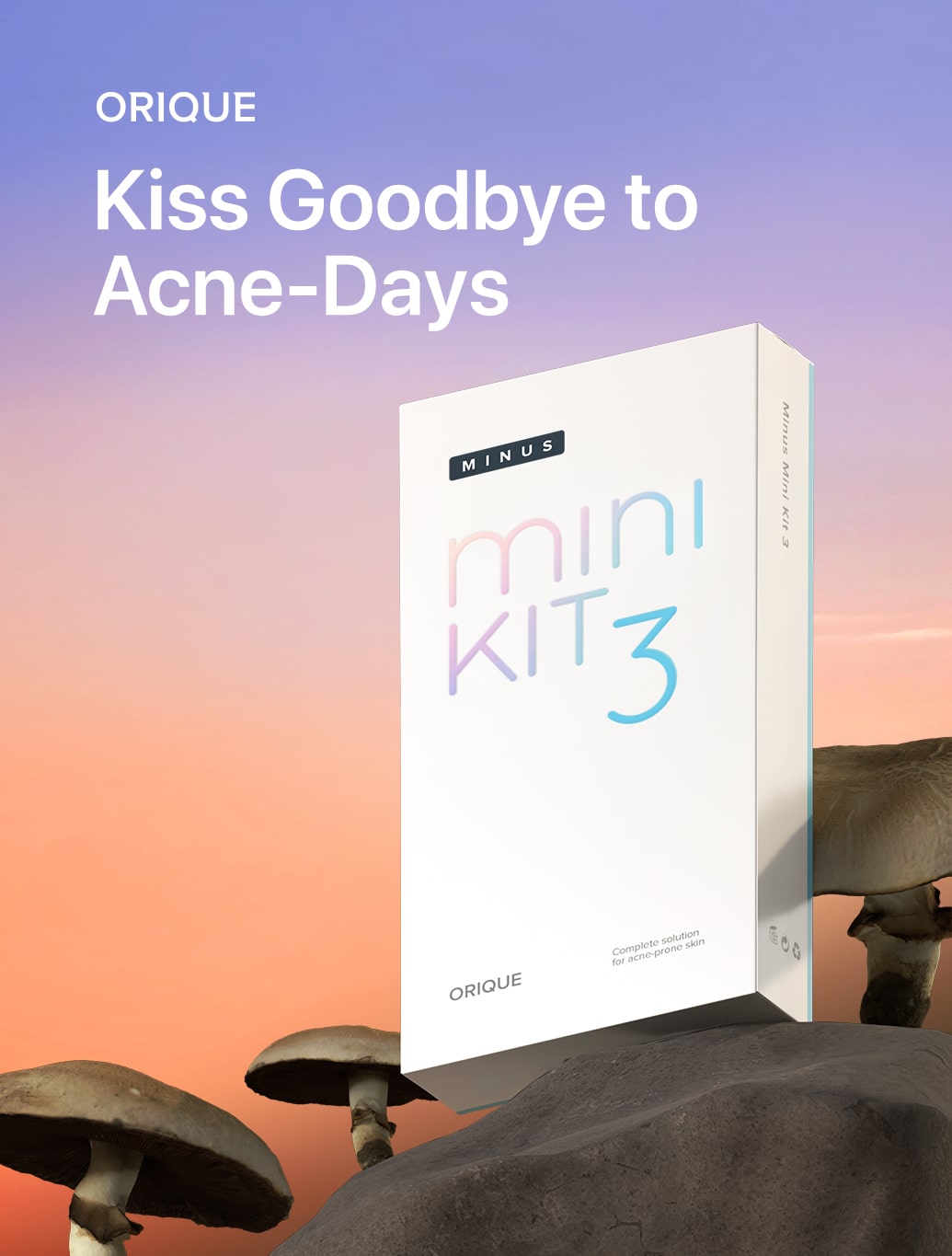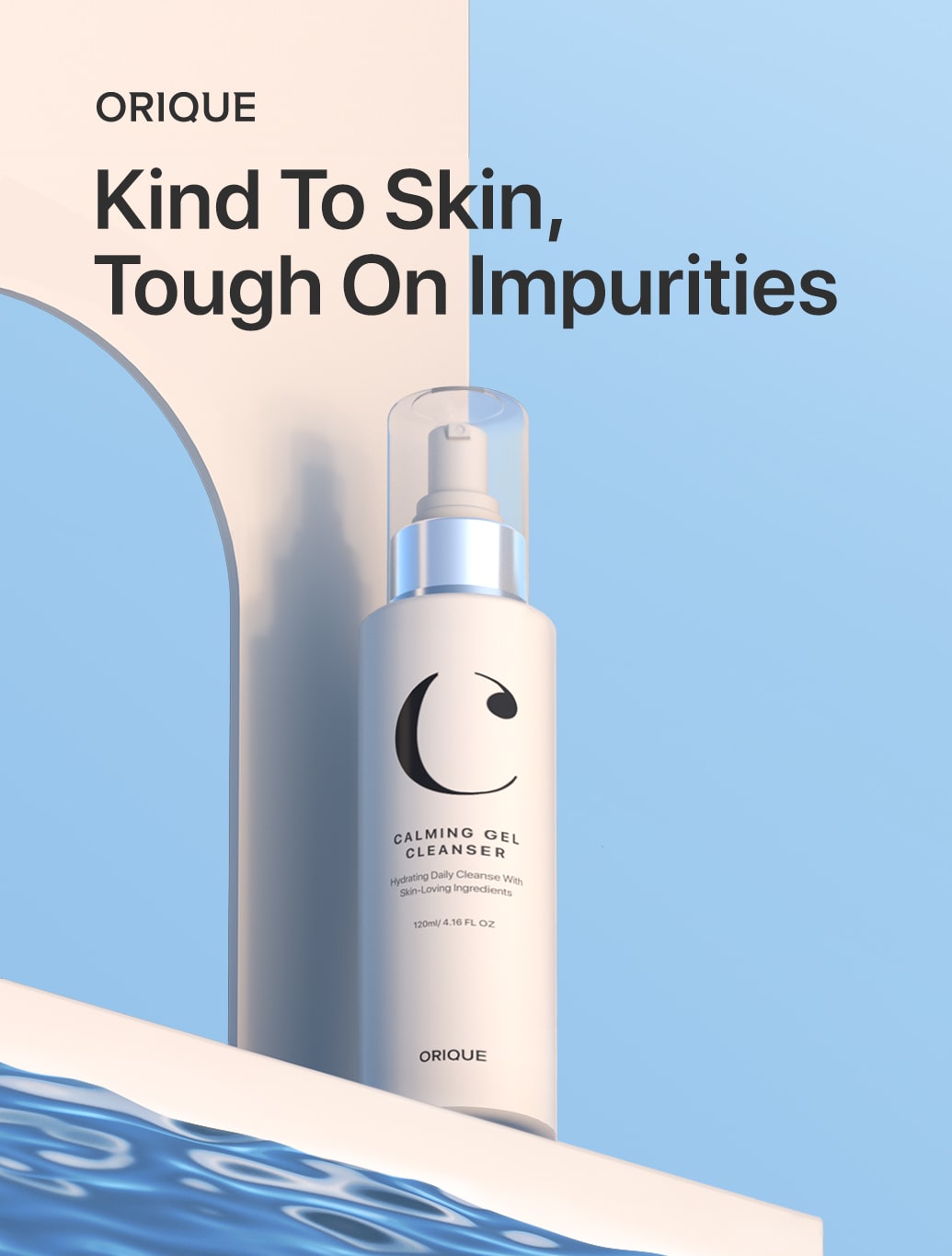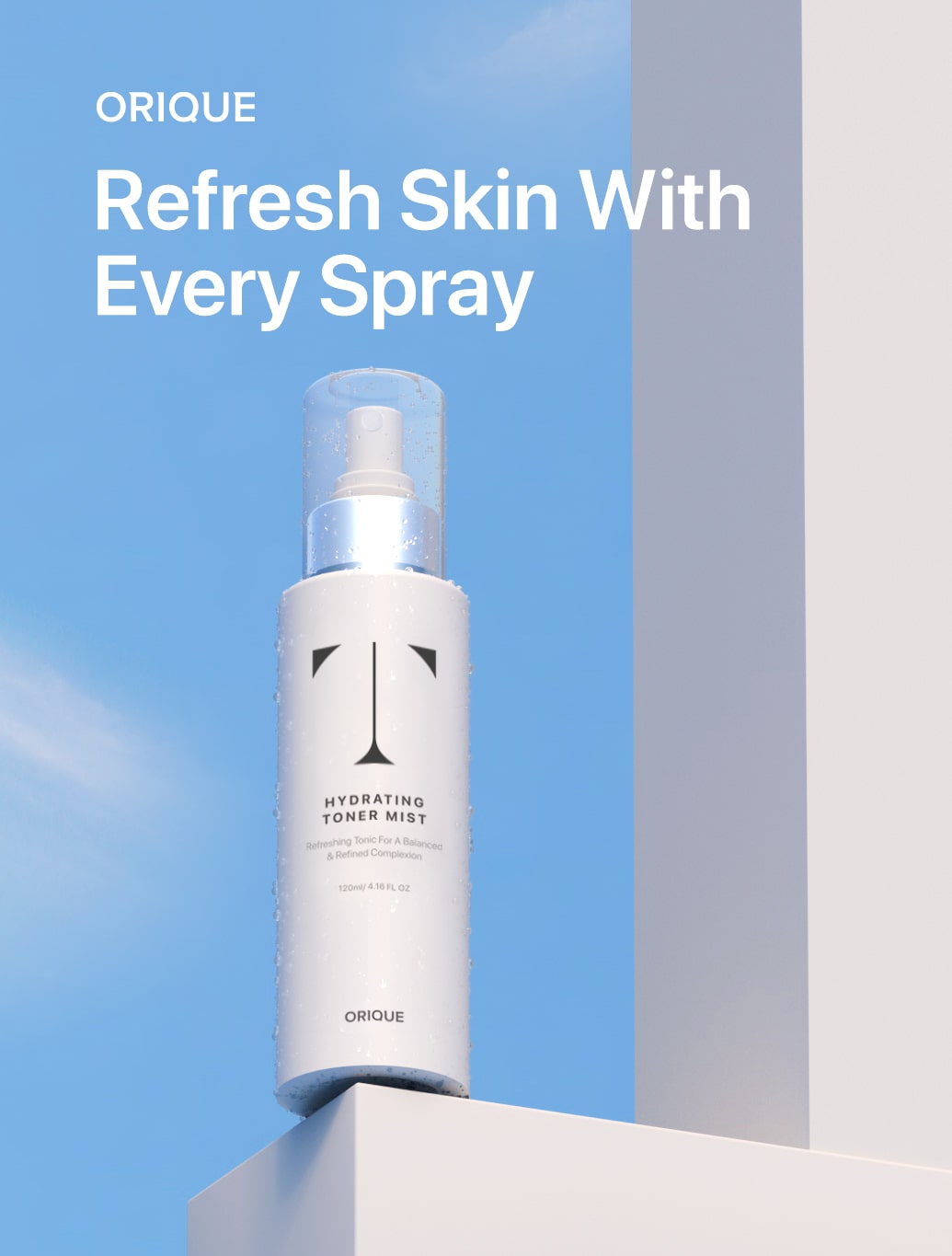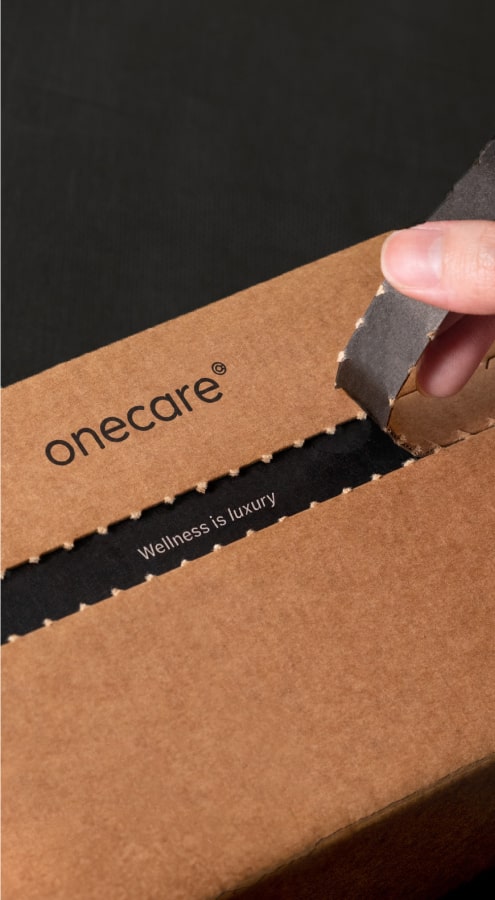Your Cart
SKIN, BEAUTY
7th of November 1984
The term “breakout” is used to describe all forms of acne but this isn’t always accurate. Not all types of acne spread across the skin. Knowing which type of acne you’re having is the key to a successful treatment.
Acne can be classified into inflammatory and non-inflammatory. It’s also possible to have both of them at one time and even some cases may even be serious enough to visit a dermatologist. Read on to learn more about the types of acne and how you can combat them!
Inflammatory acne means that the clogged pores are infected with bacteria and have turned into papules (pimples that don’t contain pus), pustules (pimples that contain pus) or cysts (inflammatory nodules). This type of acne tends to hyper pigment the skin.
Here are some ways to treat inflammatory acne:
1. Topical treatments
Look for topical treatment products containing glycolic acid such as ComeMinus®. This works on the skin by chewing up the keratin (a protein found in skin cells) that clogs pores. Also, look for products containing Sulphur as it eliminates bacteria and draw out impurities in which AcneMinus® contains.
2. Supplements
Of course, going to the dermatologist and getting oral antibiotics is very common and may work. However, it has side effects as it affects the natural pH inside the body. PRAVENTEC™ heals acne from within but without any side effects to your body as it’s a natural supplement. What makes PRAVENTEC™ special is that it contains Lactoferrin in which stops the growth of acne-causing bacteria and Galactorin in which reduce acne inflammation.
Non-inflammatory isn’t caused by bacteria but it’s caused by the accumulating dead skin cells and oil. When the pore is closed, it’s called whitehead and when it’s open, it’s called blackheads. However, if you pick at them, it then can turn into inflammatory acne.
Here are some ways to treat non-inflammatory acne:
1. Chemical exfoliation
This helps to remove the build-up of dead skin cells in which non-inflammatory acne usually occurs when the skin cells tend to have a lower turnover rate but it’s also important not to overstimulate the skin.
Look for products containing Salicylic acid (a type of BHA) as it helps to correct the abnormal shedding of cells. It helps to resolve and prevent lesions. Alpha Hydroxy Acids (AHA) could help too as its water-soluble ingredients loosens the bonds that anchor dead skin cells. Check out ComeMinus® as it contains Glycolic Acid (a type of AHA).
2. Facial treatments
Extractions are one of the most important parts of a facial treatment. A skilled esthetician can remove blackheads and whiteheads more safely than you can. Extractions could be painful depending on your pain tolerance and severity of clogged pores but once the follicles are cleared out, your skin should start to improve and this is where home care routine is important.
3. Using the right skincare products
Although regular exfoliation and having facial treatments are important but having the right daily skin care routine will help keep skin clear and radiant. This also applies to people with inflammatory acne. First, you have to understand the ingredients and don’t get tempted by packaging and fragrance that does nothing for your skin. Try out Orique™ Cleanser, Orique™ Toner and XeroMinus®.
